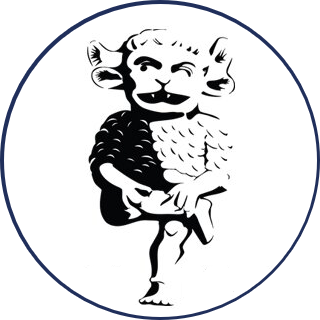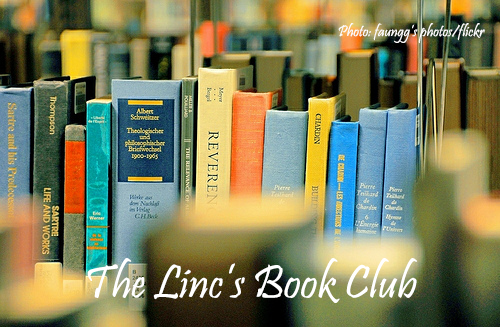The theme for The Linc’s November book club was ‘rediscovered classics’, with every member choosing a title from the literary canon to review.
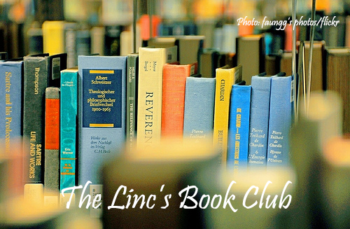
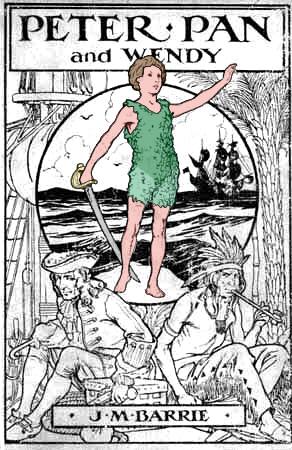 Peter Pan – J M Barrie (Reviewed by Laura Taylor)
Peter Pan – J M Barrie (Reviewed by Laura Taylor)
J M Barrie’s universally renowned novel Peter Pan epitomises the magic of children’s literature. This epic tale of love, friendship and virtuousness was and remains to be a classic piece of literature; this is made obvious by how dominant the story and characters remain to be in the cultural world with countless adaptations and merchandise still being produced and sold. However, whilst these adaptations provide copious amounts of joy for all ages, they will never encapsulate the enchantment of Barrie’s original novel.
His depiction of the difficulty of transitioning from childhood to adulthood is genius; his classically didactic children’s novel teaches the merits of morality and bravery through the many adventures faced by Wendy, Peter, John, Michael and the lost boys in the fairy-tale world of Neverland. The descriptive language used by Barrie accurately creates a wonderful image of the pure natural beauty of the island.
The theme of bravery and masculinity is cleverly challenged; whilst Peter Pan demonstrates bravery through heroically battling the evil Captain Hook, his constant defiance towards growing up labels him as somewhat cowardly. His lack of fear towards dying is pretty damn brave though: “To die will be an awfully big adventure”. I don’t know about you, but dying doesn’t sound as fun as Peter makes it out to be: his optimism if admirable. Overall, Barrie’s ingenious method of teaching children and adults the importance of facing the future whilst also holding on to the memories of childhood was and still remains to be a valuable and beautiful lesson.
The Bell Jar – Sylvia Plath (Reviewed by Lisa Schwarzenauer) 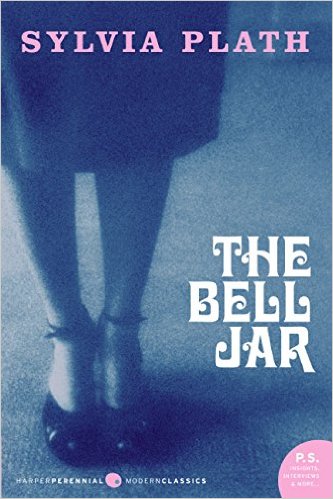
Esther Greenwood, the protagonist of Sylvia Plath’s haunting and brutally honest, semi-autobiographical novel The Bell Jar, has got it all: She is young, pretty, talented and—to top it all—just got an internship in New York at one of America’s leading women’s magazines.
Thousands of girls would kill to be like her, to have this opportunity, to live this life. Esther knows that she’s supposed to be having the time of her life.
She hates it.
Between all the excited young women who just can’t wait to get married and have a flock of children to look after, she feels lonely and strangely out of place: “I felt very still and empty, the way the eye of a tornado must feel, moving dully along in the middle of the surrounding hullabaloo.”
It doesn’t get any better when she returns home. Struggling with the oppressive patriarchal society of the 1950s, Esther fears that she will eventually have to sacrifice her talent, ambition and individuality. Unnoticed by the people around her, she slips deeper and deeper into a depression and soon starts seriously thinking about suicide.
Plath describes Esther’s depression and self-doubts so brilliantly that you almost feel trapped under a bell jar yourself; knowing that Plath committed suicide only a few weeks after the novel’s publication makes The Bell Jar an even more chilling and dark reading experience. It is not a light read, but if you are willing to go on an emotional roller-coaster and want to get a glimpse of what it feels like to struggle with depression, The Bell Jar is an excellent choice.
Lord of the Flies – William Golding (Reviewed by Matthew Dixon)
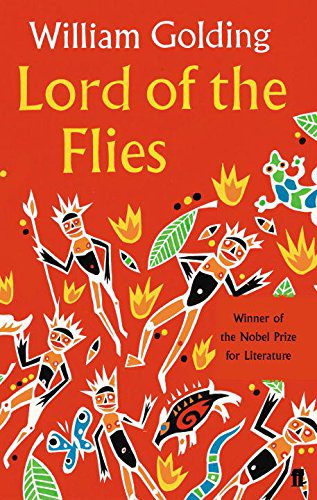 Most reading this will have read Lord of the Flies in a stuffy English classroom and then spent six months picking it apart word by word and becoming fed up of this book which you were forced to read and didn’t really pay any attention to anyway.
Most reading this will have read Lord of the Flies in a stuffy English classroom and then spent six months picking it apart word by word and becoming fed up of this book which you were forced to read and didn’t really pay any attention to anyway.
However, take a step back and have another look at the book which you detested for most of year 11. This is a story of the lost boys, a tale which encompasses the phrase “survival of the fittest.” It’s the original Hunger Games, its got death, fighting, mystery and wonder. So how could you still hate this book?
The Lord of the Flies is a classic which has become the inspiration for countless books since. Each chapter is filled with twists and unexpected endings. The characters are rich and three dimensional, which is so much better than some of the weak characters today. This is a story which could be true, and that fact makes the tale almost terrifying; even at a young age we have the capacity for evil and the capability of destruction.
Maybe it’s time to take another look at the tale of Ralph, Simon, Piggy and the other boys as you’re more than likely to find a whole new outlook.
Wuthering Heights – Emily Bronte (Reviewed by Ellie Lowe)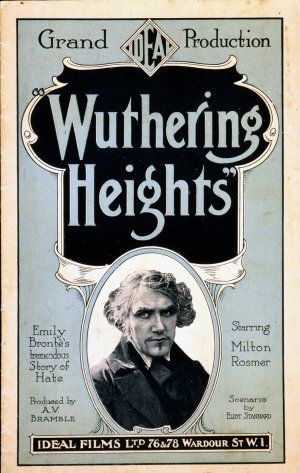
Wuthering Heights is one of the most well-known English classics to date, and although it may not be one of the most popular modern choices, the passionate romantic aspects make it much more appealing than first meets the eye. Cathy and Heathcliff belong to that famous group of tortured lovers that can never be together; he is an untamed, chaotic being that represents nothing but darkness and sin, making him all the more attractive for the wild girl from the depths of the moors. In a typical love triangle, she is forced make a choice between the crazed love of her life and the sweet certainty of Edgar Linton, the rich man that can provide her with all that she could ever want.
In many ways Wuthering Heights is relatable to modern readers, but what makes it so interesting is that it spans over generations, allowing the children to resolve the errors of their parents. The family dynamics of the Earnshaws and the Lintons make for an utterly unpredictable read, with countless twists and turns. As the book progresses it becomes gradually more confusing as many characters are referred to with the same or a similar name, but if you have the patience to get stuck into a classic then I would definitely recommend Wuthering Heights as worth the read.
